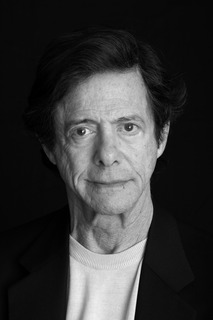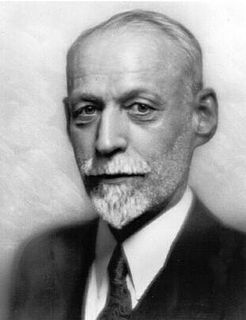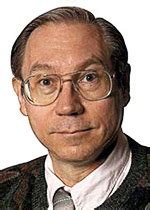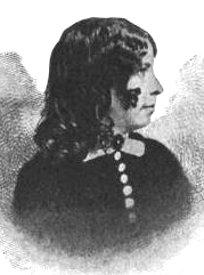A Quote by Hilaire Belloc
The choice lies between property on the one hand and slavery, public or private, on the other. There is no third issue.
Related Quotes
Unlike the Marxists, the Nazis did not advocate public ownership of the means of production. They did demand that the government oversee and run the nation's economy. The issue of legal ownership is secondary; what counts is the issue of control. Private citizens, therefore, may continue to hold titles to property-so long as the state res...erves to itself the unqualified right to regulate the use of their property.
I submit that the Government exists to provide for the needs of the people, and when it comes to choice between profits and property rights on the one hand and human welfare on the other, there should be no hesitation whatsoever in saying that we are going to place the human welfare consideration first and let property rights and financial interests fare as best they may.
The difference between [socialism and fascism] is superficial and purely formal, but it is significant psychologically: it brings the authoritarian nature of a planned economy crudely into the open. The main characteristic of socialism (and of communism) is public ownership of the means of production, and, therefore, the abolition of private property. The right to property is the right of use and disposal. Under fascism, men retain the semblance or pretense of private property, but the government holds total power over its use and disposal.
What I do know is, in little more than 30 years, we have gone from a nation where the “quiet enjoyment” of one’s private property was a sacred right, to a day when the so-called property “owner” faces a hovering hoard of taxmen and regulators threatening to lien, foreclose, and “go to auction” at the first sign of private defiance of their collective will ... a relationship between government and private property rights which my dictionary defines as “fascism.”
It has been the fashion to speak of the conflict between human rights and property rights, and from this it has come to be widely believed that the use of private property is tainted with evil and should not be espoused by rational and civilized men... the only dependable foundation of personal liberty is the personal economic security of private property. The Good Society.
One ideological claim is that private property is theft, that the natural product of the existence of property is evil, and that private ownership therefore should not exist... What those who feel this way don't realize is that property is a notion that has to do with control - that property is a system for the disposal of power. The absence of property almost always means the concentration of power in the state.







































